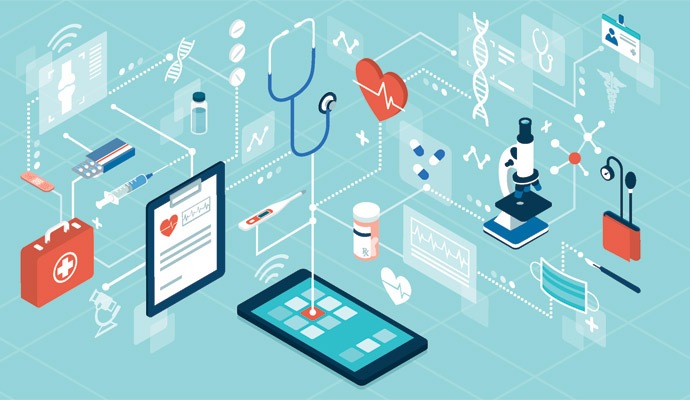Tampa General Hospital Uses AI System to Assist Clinicians
Tampa General Hospital began using an AI system from Navina to assist clinicians in using patient data for actionable primary care.

Source: Getty Images
- In pursuit of improved care and outcomes, Tampa General Hospital (TGH) began using an artificial intelligence (AI) system from Navina as a tool for handling patient data, according to a press release emailed to by journalists.
TGH began using an AI platform from Navina to assist primary care clinicians collect patient data such as lab information and consult notes, forming it into a tool to allow providers to gain a better sense of patient status.
Through the Navina AI-powered platform, clinicians can review diagnoses and make more practical care decisions.
“With physicians caring for patients across three counties in locations ranging from cities to the suburbs, the ability to view a holistic clinical summary of a patient’s current and past condition, as well as medications, tests, hospital or specialist visits, is a real game changer,” said Dr. Karna Patel, vice president of Tampa General Medical Group, in a press release. “Complete clinical information is available on a summary screen for chart preparation before an appointment, thereby reducing review time for the clinicians.”
TGH said it’s fundamentally focused on conducting clinical research in order to drive innovation and provide optimal care. This partnership with Navina is an example of innovation, aiming to assist physicians, therefore improving care.
“Tampa General is committed to bringing our physicians — and by extension, their patients — the profound benefits of innovative new tools that will improve point-of-care interactions,” said Rachel Feinman, vice president of Innovation, Tampa General and managing director of TGH Innoventures. “Navina helps our providers streamline workflows while making value-based care a reality.”
The use of AI to assist clinicians in navigating procedures is becoming increasingly common.
In April 2022, researchers from the National Institutes of Health Clinical Center created an AI model to review factors related to pancreas health and fat levels using non-contrast abdominal CT images to determine the risk of type 2 diabetes.
The process of building the model consisted of using hundreds of images from various datasets and dividing the photos into various categories which were training, validation, and test sets. Using a variety of measurements when analyzing images, researchers found that low pancreas density and high visceral fat levels correlated with diabetes.
More research from April described how the Advocate Aurora Research Institute used KelaHealth Surgical Intelligence Platform to combine the capabilities of AI and machine learning to determine the types of robotic techniques and surgical care that would lead to better outcomes.
Through this platform, care teams were able to review patient needs and surgical operations, highlighting the methods that would be the most effective in certain situations.
